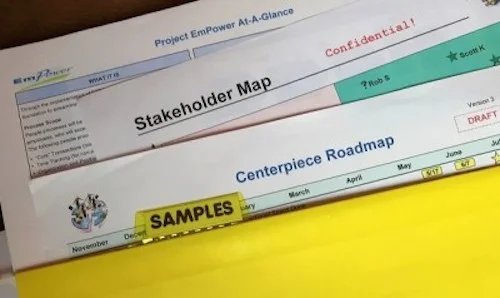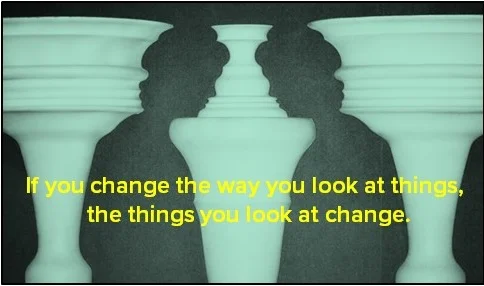Perhaps the hardest thing for an independent consultant is not knowing where your next project is coming from, or when. While nurturing your own network is usually the best way to find work (see tips in my article), many consultants also supplement their business development efforts by affiliating with agencies and, increasingly, online platforms or marketplaces. This article summarizes the pros and cons of these options, gives you questions for starting your research, and introduces you to some of the better-known consulting agencies.
First, let’s clarify what I mean by “consulting agency.”
By “agency” I mean a company that matches independent consultants with client projects, like a talent agency. An agency is different than a consulting firm because agencies usually place one person at a time, and they assume consultants are bringing their own methodology and tools. Agencies don’t dictate the approach or oversee the work like a consulting firm does, although sometimes they require status reports or check-ins. To me, consulting agencies and consulting firms are both different than staffing agencies that provide tactical staff augmentation services, not consultants who diagnose and solve problems. This article is about affiliating with consulting agencies, not consulting firms or staffing agencies.
Read More















